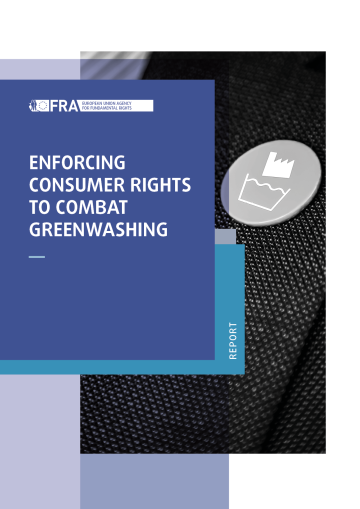Język
English

© European Union Agency for Fundamental Rights, 2024
Reproduction is authorised provided the source is acknowledged.
For any use or reproduction of photos or other material that is not under the European Union Agency for Fundamental Rights copyright, permission must be sought directly from the copyright holders.
Neither the European Union Agency for Fundamental Rights nor any person acting on behalf of the Agency is responsible for the use that might be made of the following information.
Luxembourg: Publications Office of the European Union, 2024
HTML
Photo credits (cover):
FRA – EUROPEAN UNION AGENCY FOR FUNDAMENTAL RIGHTS
Schwarzenbergplatz 11 – 1040 Vienna – Austria
T +43 158030-0 – F +43 158030-699